In a recent development, Intuitive Machines, a Houston-based firm, announced the unfortunate shutdown of its Athena lunar lander just a day after it reached the moon's southern pole. The Athena was designed for a 10-day mission before the lunar night would have necessitated a power down at Mons Mouton, a plateau situated approximately 100 miles (160 kilometers) from the south pole. However, imagery captured by the lander before it powered down indicated that it had landed on its side. In a statement, Intuitive Machines explained, "Given the sun's direction, the positioning of the solar panels, and the extreme cold within the crater, we do not anticipate Athena will be able to recharge. The mission has come to an end, and our teams are now analyzing the data gathered during the operation."
Despite the setback, Intuitive Machines emphasized that Athena managed to operate briefly and transmit data post-landing, marking it as the "most southerly lunar landing and surface operations ever achieved." The lander also helped to expedite several program and payload milestones, including NASA's PRIME-1 suite, before its batteries were depleted. PRIME-1, which was equipped with a drill intended to probe the lunar surface in search of water, was able to move through its full range of motion in the harsh space environment, as confirmed by NASA. The suite's sensors, designed to detect water ice in lunar soil, were activated and identified "elements likely resulting from gases emitted by the lander's propulsion system," according to NASA.
Joel Kearns, Deputy Associate Administrator for Exploration in the Science Mission Directorate, stated, "By empowering American companies to deliver science and technology to the Moon on NASA's behalf, we not only harvest scientific achievements but also promote the development of the lunar economy." He continued, "Although the outcome of the IM-2 mission is disappointing, our commitment to supporting our commercial partners in the challenging endeavor of lunar landing and operations remains steadfast."
Intuitive Machines did not detail the other payloads aboard Athena. However, Lunar Outpost, a Colorado-based company that provided a four-wheeled rover expected to depart from the lander about six hours post-touchdown, reported on social media platform X that deployment was unsuccessful. NASA and Intuitive Machines officials disclosed that some of the science and technology instruments on Athena functioned during the transit to the moon and in lunar orbit prior to the landing.
Tim Crain, Intuitive Machines' Chief Technology Officer, highlighted that Athena captured intimate images of the moon's south pole region, a development he described as thrilling and one that will enhance scientists' comprehension of this crater-laden lunar area. The premature shutdown of Athena echoes the fate of Intuitive Machines' previous lunar mission, which deployed a lander named Odysseus in the same south pole region in February 2024. Odysseus also landed on its side but operated for about six days, despite its antennae being oriented in a less-than-ideal direction, hindering the collection of extensive data.
Intuitive Machines also revealed that Athena landed approximately 820 feet (250 meters) away from its intended landing site. At a news conference on Athena's status, company officials had previously stated that the exact landing location was unknown but was likely outside the 164-foot-wide (50-meter) zone they had targeted.
Developed as part of NASA's Commercial Lunar Payload Services program, Athena was one of several initiatives aimed at fostering innovation and reducing the cost of robotic lunar exploration by offering affordable fixed-price contracts to private companies. Nicky Fox, Associate Administrator for NASA's Science Mission Directorate, addressed the approach at a news conference, noting that NASA has numerous ongoing science and exploration missions, including the Blue Ghost lunar lander from Texas-based Firefly Aerospace, which is operating near the moon's equator following a successful landing on March 2.
Fox emphasized, "We come together to celebrate each other's successes and empathize with the challenges faced." Intuitive Machines plans to meticulously analyze data from Athena over the next 30 days in a process known as a "hot wash," as stated by the company's CEO, Steve Altemus. He explained, "We will prepare a set of recommendations outlining what went well, what went wrong, and what needs to be addressed for future missions." The company had been planning a third landing mission, dubbed IM-3, approximately a year from now. However, Altemus hinted that this timeline might be adjusted as the company pursues a contract for satellites capable of relaying data from the moon.

By Ryan Martin/Apr 10, 2025

By Benjamin Evans/Apr 10, 2025

By Joshua Howard/Apr 10, 2025

By David Anderson/Apr 10, 2025

By Joshua Howard/Apr 10, 2025

By Amanda Phillips/Apr 10, 2025

By Eric Ward/Apr 10, 2025
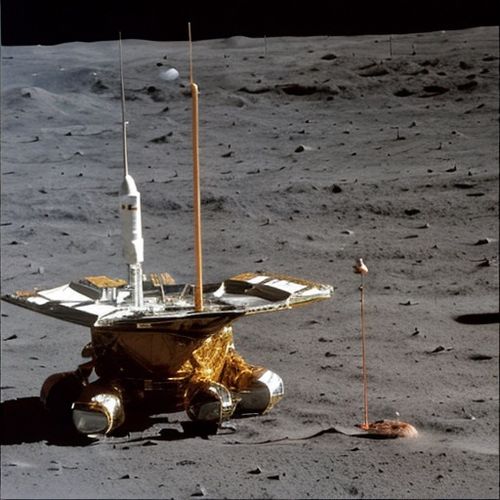
By Daniel Scott/Apr 10, 2025

By Victoria Gonzalez/Apr 10, 2025

By Lily Simpson/Apr 10, 2025
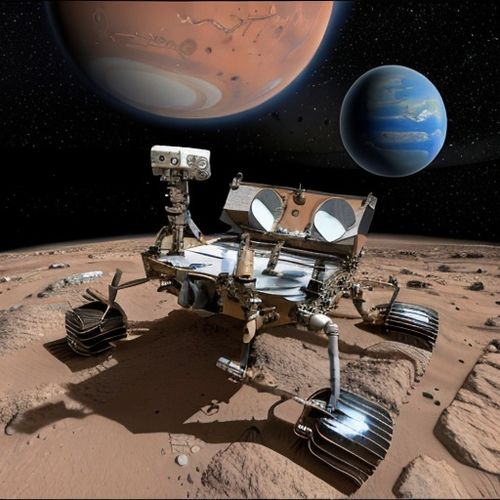
By Megan Clark/Apr 10, 2025
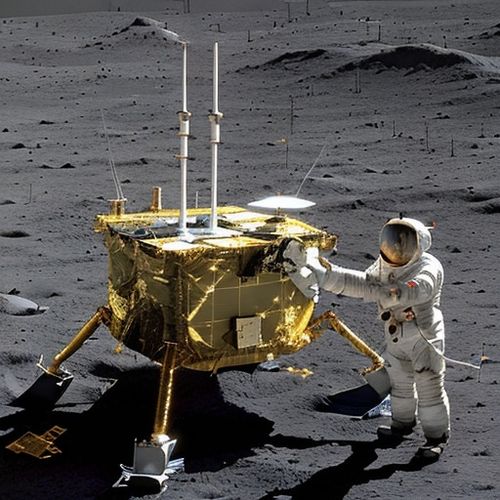
By Jessica Lee/Apr 10, 2025

By Jessica Lee/Apr 10, 2025
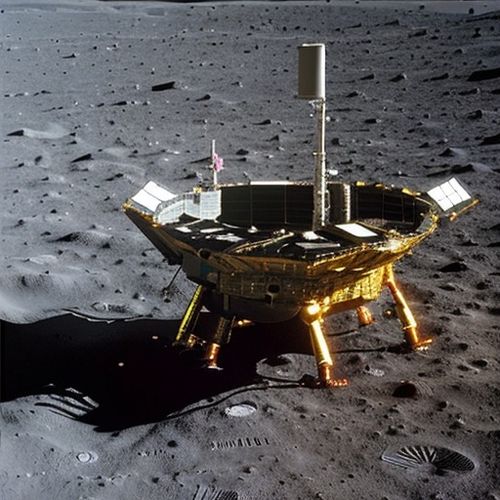
By Eric Ward/Apr 10, 2025
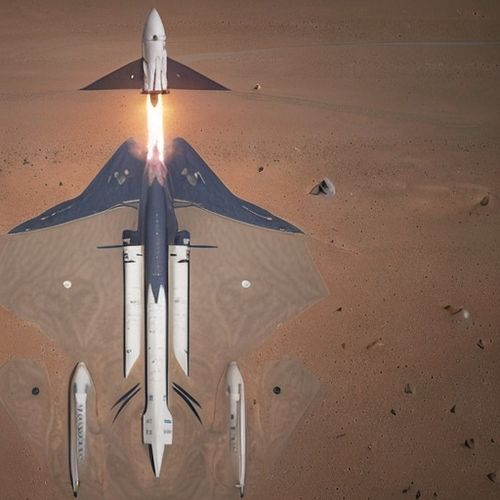
By Amanda Phillips/Apr 10, 2025
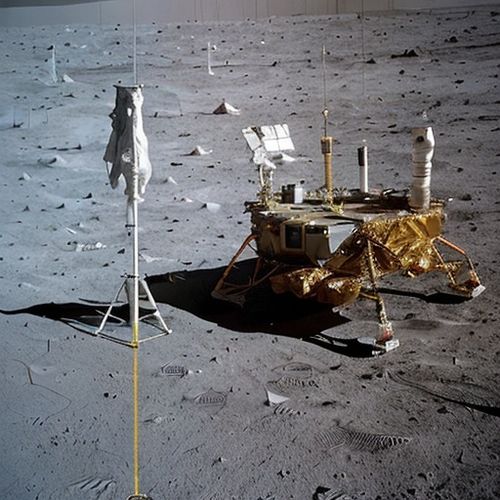
By Jessica Lee/Apr 10, 2025
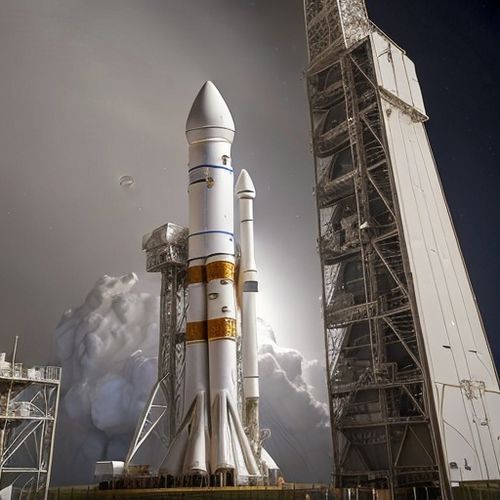
By Michael Brown/Mar 12, 2025
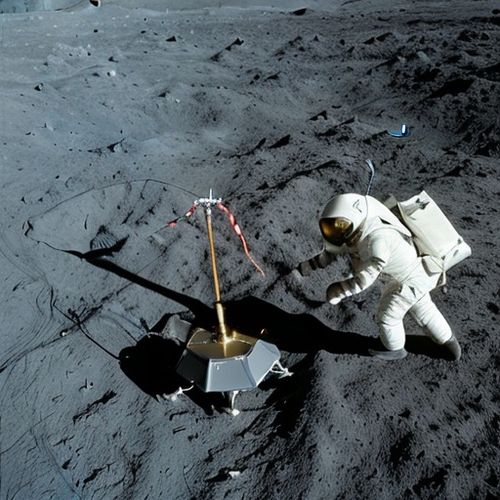
By Eric Ward/Mar 12, 2025

By Michael Brown/Mar 12, 2025
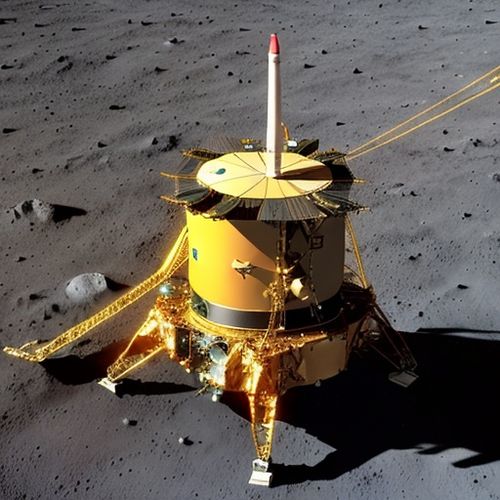
By Joshua Howard/Mar 12, 2025